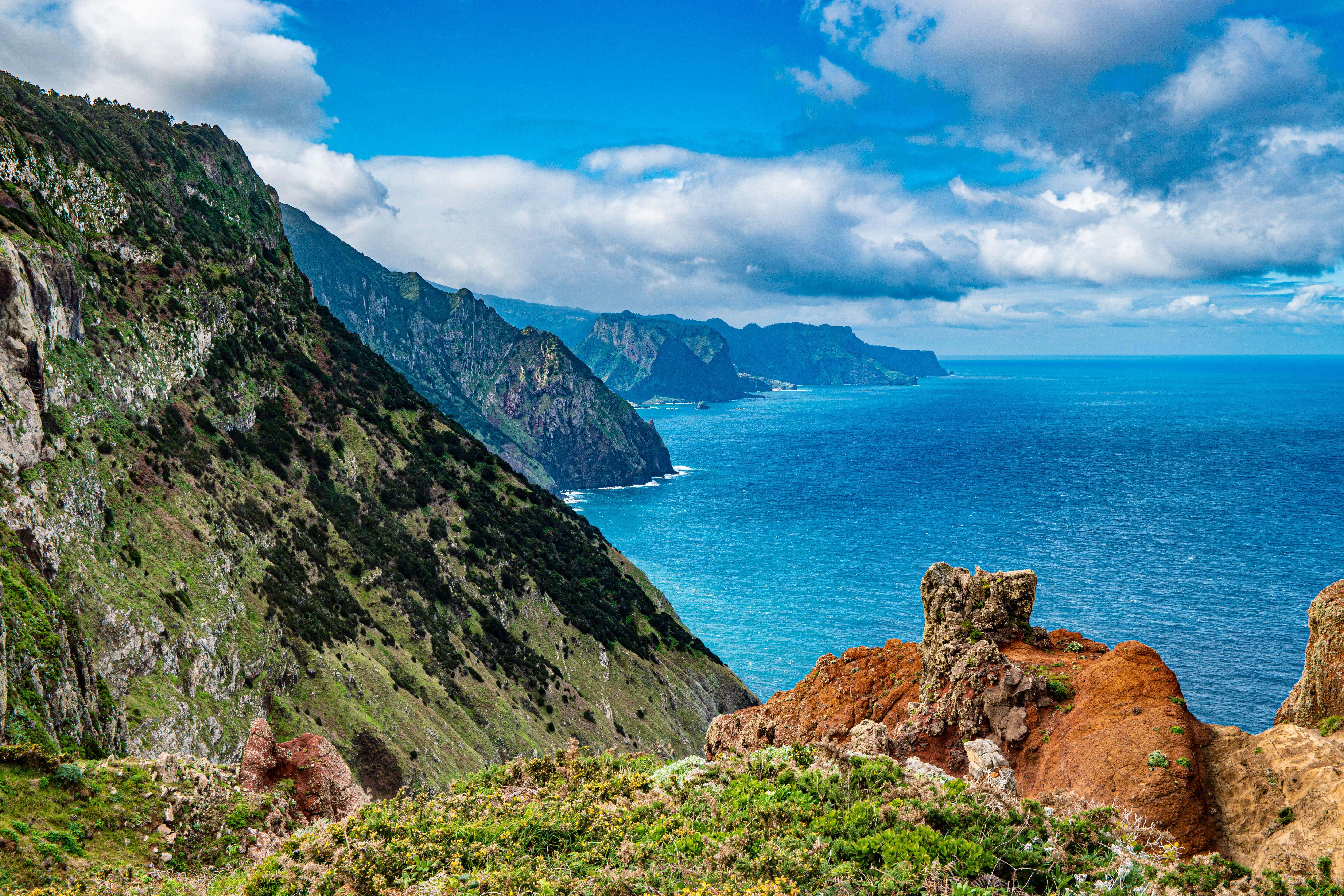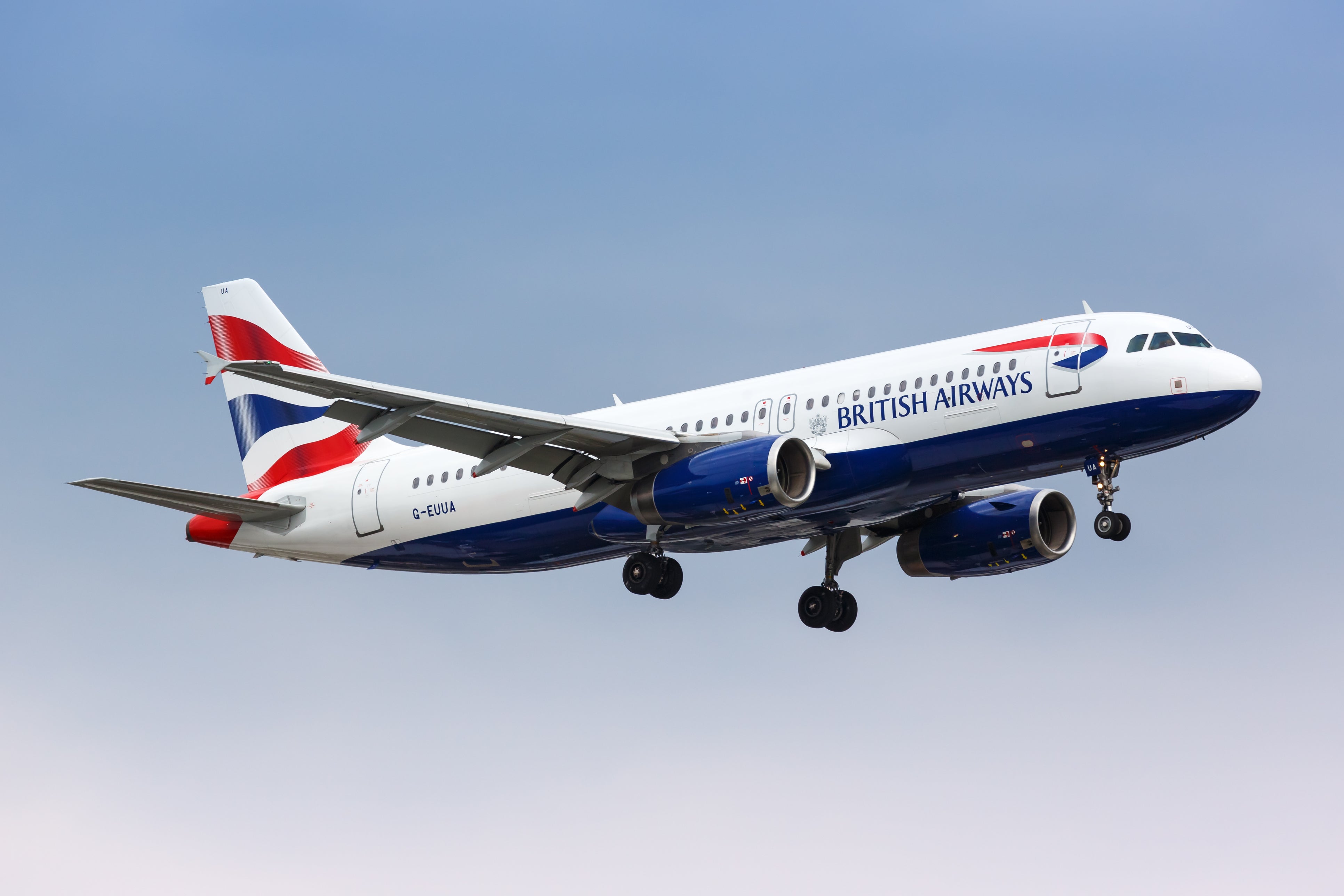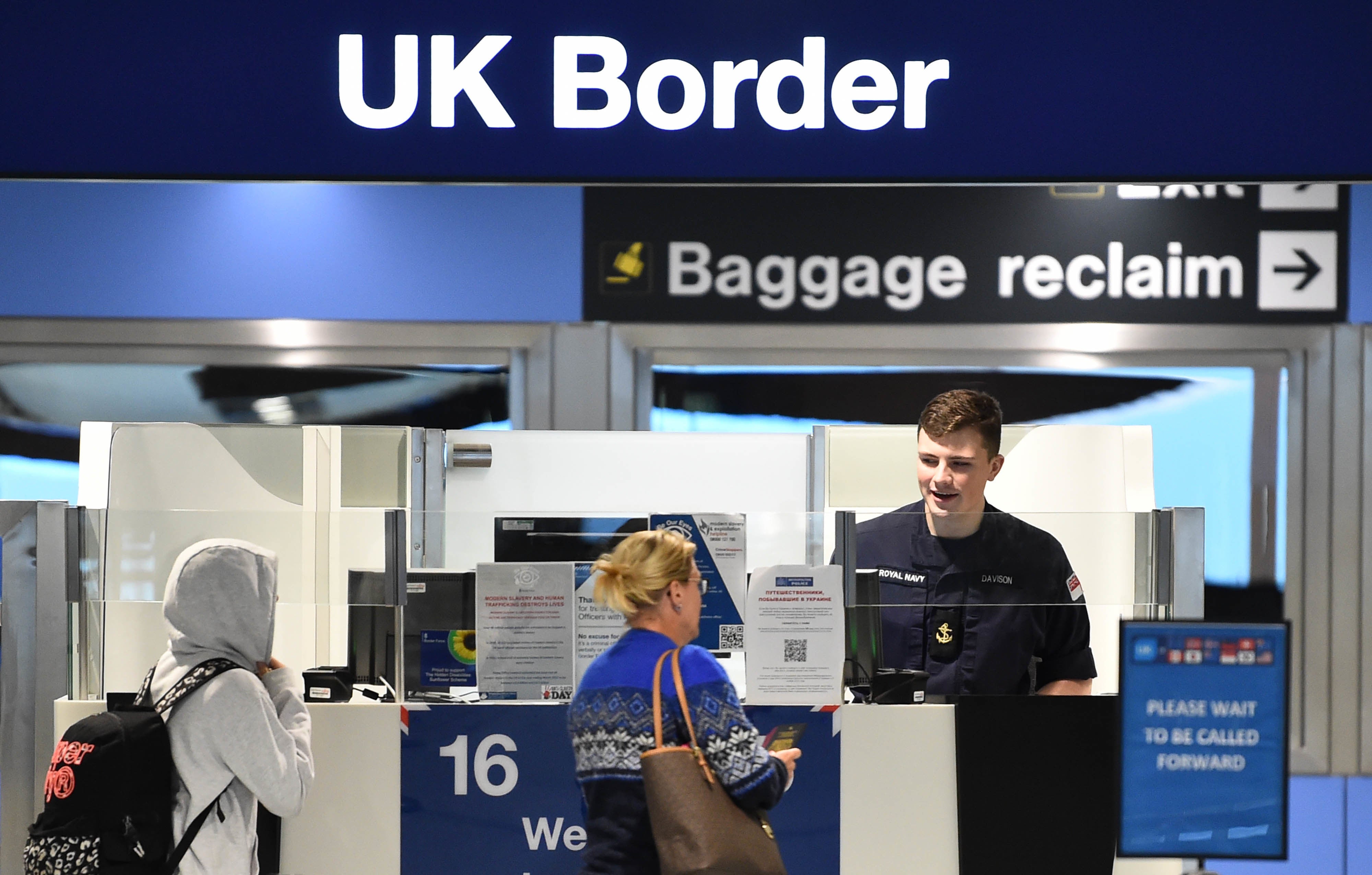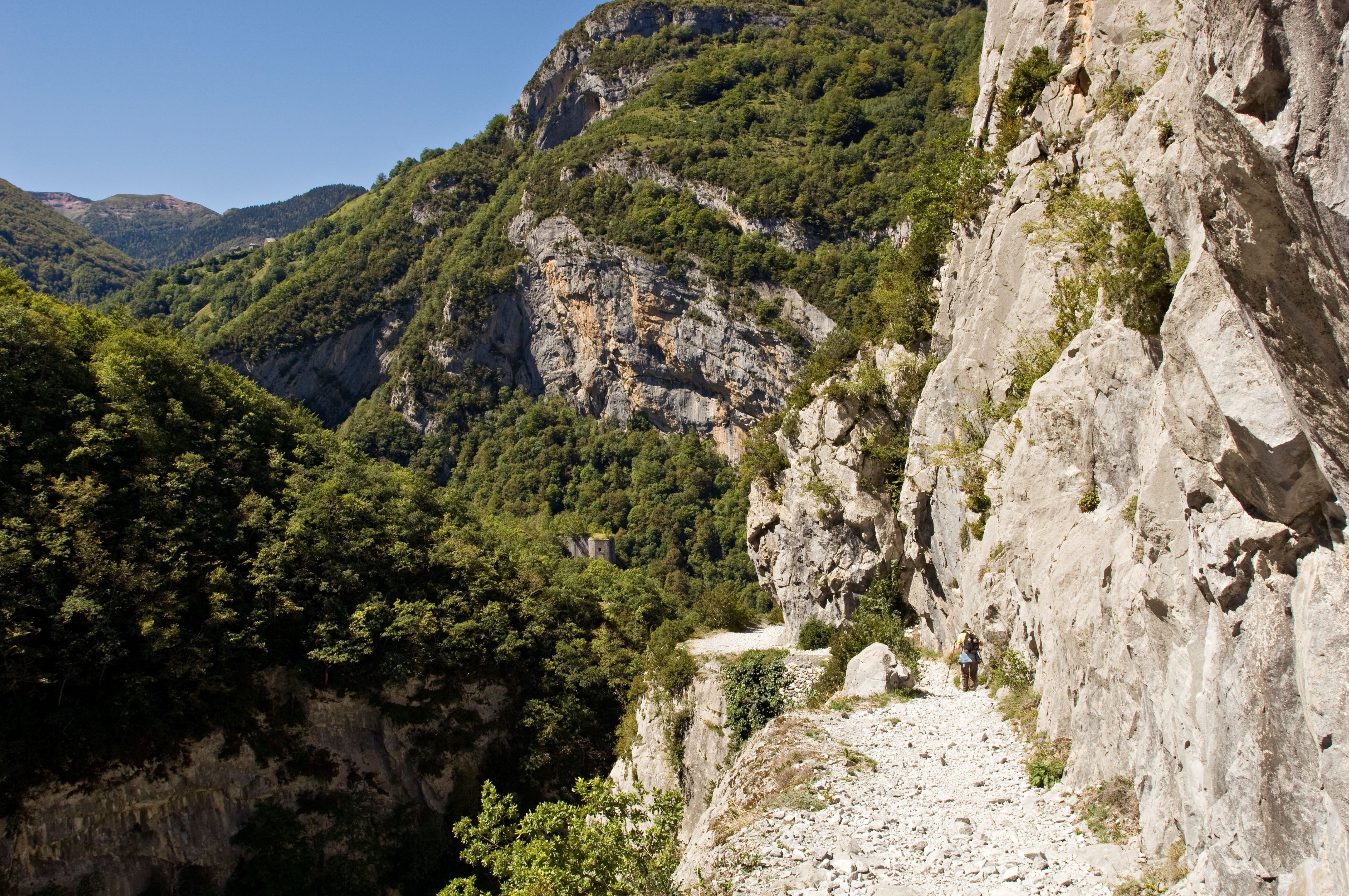Where should we go for a mosquito-free holiday?
Simon Calder answers your questions on mosquito-free destinations, one-way ticket pricing, ETA schemes and travel anxiety


Q Where should we go on holiday? Two of us are in our sixties and three in their twenties. We want a direct flight from Edinburgh, somewhere in Europe that’s hot but not too hot, no mosquitoes and no drunks on the plane. Thank you for any advice.
Barbara C
A You don’t say when you have in mind but I imagine it is a summer holiday. One destination springs immediately to mind: Madeira. On a spectacular rocky outcrop in the mid-Atlantic, nature, history and culture converge to form a fascinating destination. The flying time is around four hours. That is about 40 minutes longer than the journey to Malaga in Spain, but you will be taken to an island that is still blissfully away from the Mediterranean mainstream.
Madeira’s capital, Funchal, is something of a prototype for the New World and makes an excellent base for exploring Madeira. You get all the advantages of a small, friendly city as well as some superb places to stay and to eat. The island’s landscape is spectacular at every turn, with a vast range of hiking on offer. Some in the party may be happy to take things relatively easy on the network of levadas: irrigation channels with safe, level paths beside them. Others might want to tackle some serious gradients on foot or mountain bike.
The one holiday dimension in which Madeira is lacking is beaches. I like the one at Machico in the far east of the island, though it was created only in 2008 with sand imported from Africa. You could take the ferry from Funchal across to the sister island, Porto Santo, which has a lovely, long and uncrowded beach.
In practical terms, Atlantic breezes keep the island comfortable even in the middle of summer, and on many visits to Madeira I don’t believe I have ever seen a mosquito. The Portuguese island has direct flights from Edinburgh on Jet2 this summer, every Monday. And since Jet2 takes a robust attitude towards inebriated prospective passengers, you can be sure of a quiet, relaxed flight.

Q Simon, can you explain something? To book a return trip from London Heathrow to Toronto on British Airways next October costs £475. To just book a one-way journey is £1,115. This is madness: can I book the return, then just not check in for the return flight or is that “illegal”?
Martin G
A From the airlines’ point of view, what looks like madness to you is actually rational behaviour. The practice of charging one-way fares that cost (a lot) more than a return trip has its roots in the days when many airlines charged shockingly high fares except for people who were prepared to accept stringent conditions and were therefore deemed leisure passengers. Typically for the cheapest transatlantic deal you must book a return trip that includes a Saturday night away – a condition designed to sniff out business travellers, who typically want to be at home at the weekend and whose companies would pay out without protest.
When you buy a ticket you undertake to make the journey as booked. If you fail to comply with this contract, the law does have some bearing – at least in theory. Were you to buy a return and throw away the inbound half, you could in theory you could be guilty of obtaining pecuniary advantage by deception under the 1968 Theft Act. But I do not imagine that either British Airways or the criminal justice system would judge a prosecution to be in the public interest. The airline could in theory claim the extra £640 from you for breach of contract, but that looks unlikely.
However, all of this is, I hope, academic. If you want to travel one way from London to Toronto in Canada, the last thing I would suggest is buying a return ticket for almost £500. Instead, nearer the time see how the one-way fares are looking for one-stop trips via a hub such as Lisbon or Reykjavik, or what Air Transat is charging for its nonstops from Gatwick to Toronto.

Q You have written about the UK ETA [electronic travel authorisation] scheme. Is it any different from Esta in the US and the Etias scheme being introduced in the EU?
Billy
A First, an overview: increasingly many countries are seeking to pre-screen visitors arriving from abroad. The idea is that the authorities can capture information about individuals before they arrive. By doing so, they hope to prevent people who are regarded as undesirable (for example due to criminal convictions or extremist sympathies) from arriving. Governments also say that border procedures will be faster and smoother if frontier officials have more knowledge about each visitor in advance.
The first large-scale scheme was the US electronic system for travel authorisation (Esta), which took effect in 2009. Esta was born in the wake of 9/11: the perpetrators of the terrorist attacks were all legally admitted to the US, and the authorities wanted to avoid any repeat. Canada and other nations have since introduced similar systems, and the UK is now rolling out its electronic travel authorisation. Currently, visitors from seven Middle East countries must enrol online and pay £10 before boarding a flight to the UK.
At some indeterminate date, it will expand worldwide to include all travellers who do not currently need a visa to visit or transit through the UK, including EU and American nationals. In Europe, meanwhile, the much-delayed European travel information and authorisation system (Etias) is now presumed to come into effect in 2025.
These schemes have the same basic structure and purpose, though the US is more inquisitive – especially on political activity. Where each of these schemes differs, though, is in applicability to passengers making same-day, same-airport international connections. The US requires all arrivals to pass through border control, as though they were staying for weeks or months rather than a couple of hours. The UK and the European Union do not have this requirement: there is no need to go through passport control. But connecting passengers at London Heathrow will need an ETA, just as they would need if arriving in the UK for a holiday or business visit. The British aviation industry is mystified and furious that UK airlines are to be disadvantaged, with rational passengers switching to EU airlines.

Q Do you ever get scared when you are travelling?
Jeff L
A Yes. In order of intensity, my anxiety is highest at precarious locations in the mountains: I have a severe fear of heights, but also enjoy hiking at high altitude. I have been terrified almost to the point of paralysis on Mount Kinabalu in Borneo and a tricky cliff-edge path in Tenerife. Scaling the notable mountain Canigou in southern France was also daunting. But the most terrifying stretch so far: the precipitous Chemin de la Mature in the Pyrenees. A rocky ledge was hacked out of the side of a canyon by 18th-century convicts to allow tree trunks to be carried down to make masts for the Napoleonic fleet. This 1km narrow track, with no guard rail, is now part of the GR10 route from the Atlantic to the Mediterranean – and is still used in the 21st century to punish anyone fearful of heights.
Next on my risk register: road accidents, the leading cause of death for British travellers abroad. I have been involved in a few accidents, and do what I can to travel by rail, air or professionally driven coach rather than in a rental car or taxi.
Accidents in water – the second-worst contributor to fatalities abroad – are also a serious concern. A rip tide (or rip current) can turn a dip in the sea into a battle for survival. After a narrow escape from a rip tide in southern California, I studiously follow the advice on how to identify these strong currents of seawater flowing from the beach out to sea, and how to deal with them: swim across the rip flow, or tread water and try to raise the alarm.
Being a tall male, I am not as concerned about the risk of a violent attack as many other travellers understandably are. I have been mugged three times – in the French Quarter of New Orleans, in central Lisbon and on a dodgy corner of San Jose in Costa Rica – but with no physical harm done.
“Apprehensive” is a better word than “scared” to describe my emotions ahead of a significant trip to a new location. I plan a long, high trek in Nepal later this year. It is a country I have never visited. But if previous experience elsewhere is a guide, the anxiety will melt away when I get there.
Email your question to s@hols.tv or tweet @simoncalder






Join our commenting forum
Join thought-provoking conversations, follow other Independent readers and see their replies
Comments